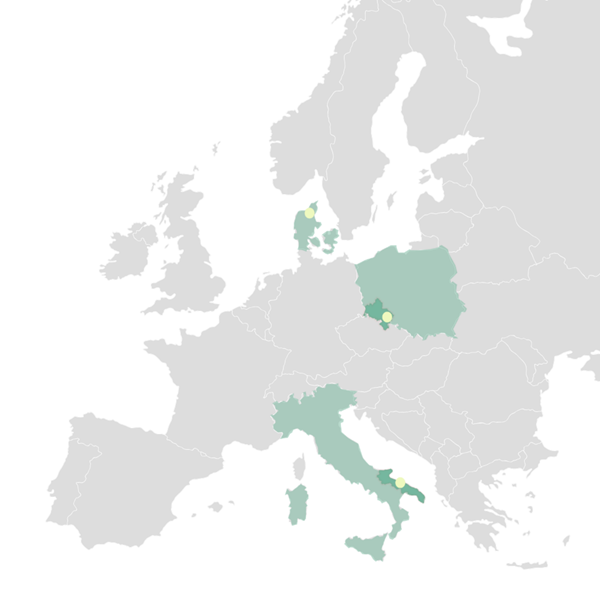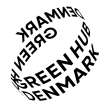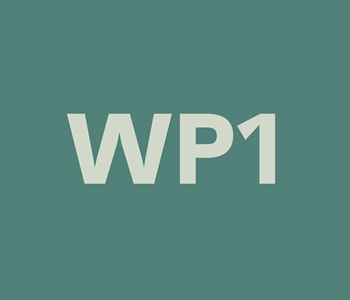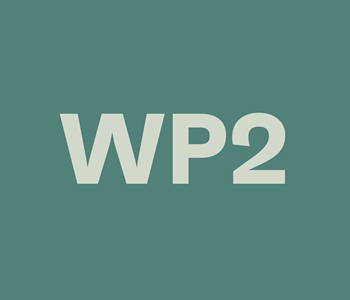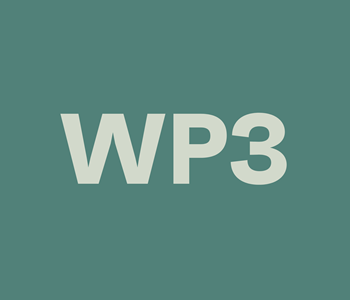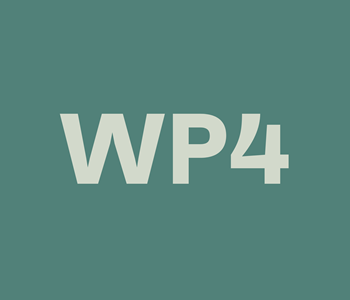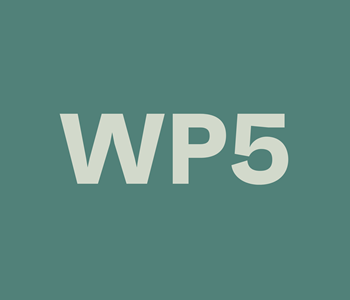Project abstract
Integrated urban regeneration programmes can be powerful tools for advanced replication strategies for PEDs and building blocks for climate-neutral cities. However, their effectiveness and efficacy for climate-neutrality should be strengthened to ensure that nobody is left behind. At present, their actual contribution for PED transition is not clear nor are their equity impacts, especially in disadvantaged neighbourhoods with increasing risks of green gentrification, unequal access to transition gains, energy poverty.
PED-oriented urban regeneration: Tailored strategies for JUST energy transition in disadvantaged neighbourhoods (PED-JUST) will develop, through a co-creation approach in Living Labs, PED-oriented urban regeneration strategies able to reduce inequity risks connected to energy transition in selected disadvantaged neighbourhoods in three cities: Bari (Italy), Aalborg (Denmark) and Wroclaw (Poland).
Strategies will be based on the results of an analytical model, specifically developed to characterise different types of disadvantaged neighbourhoods and to correlate them with energy-related inequity risks and key barriers and levers for just transition.
Additionally, strategies will be based on the potential for renewable local energy and existing good practice in urban regeneration programmes. Learning and Action Alliances will be developed for the advanced replication of PED-oriented urban regeneration of disadvantaged neighbourhoods and their better integration within metropolitan strategies for sustainability transition.
Finally, monitoring tools will be developed for the assessment of their effectiveness and efficacy, including social impact, cost-effectiveness of measures and equity access to benefits.
Project activites
The PED-JUST project is structured around seven interrelated Work Packages (WPs), each contributing to the project’s overarching goal: to develop inclusive and place-based strategies for Positive Energy Districts (PEDs) in disadvantaged neighbourhoods. These WPs cover the entire process — from analysing existing policies and identifying risks and success factors, to designing tailored strategies through Living Labs, supporting replication at the city level, and ensuring robust communication, stakeholder engagement, and policy impact.
Each Work Package is designed with clear tasks, deliverables, and milestones to ensure smooth coordination, timely implementation, and measurable outcomes. Together, the WPs form an integrated framework that blends technical, social, and governance dimensions of energy transition, while keeping equity and just transition at the core.

Project funding
The project period runs from January 2025 to December 2027.
This project has been funded by MUR, IFD and NCBR under the Driving Urban Transitions Partnership, which has been co-funded by the European Union.


![]()

